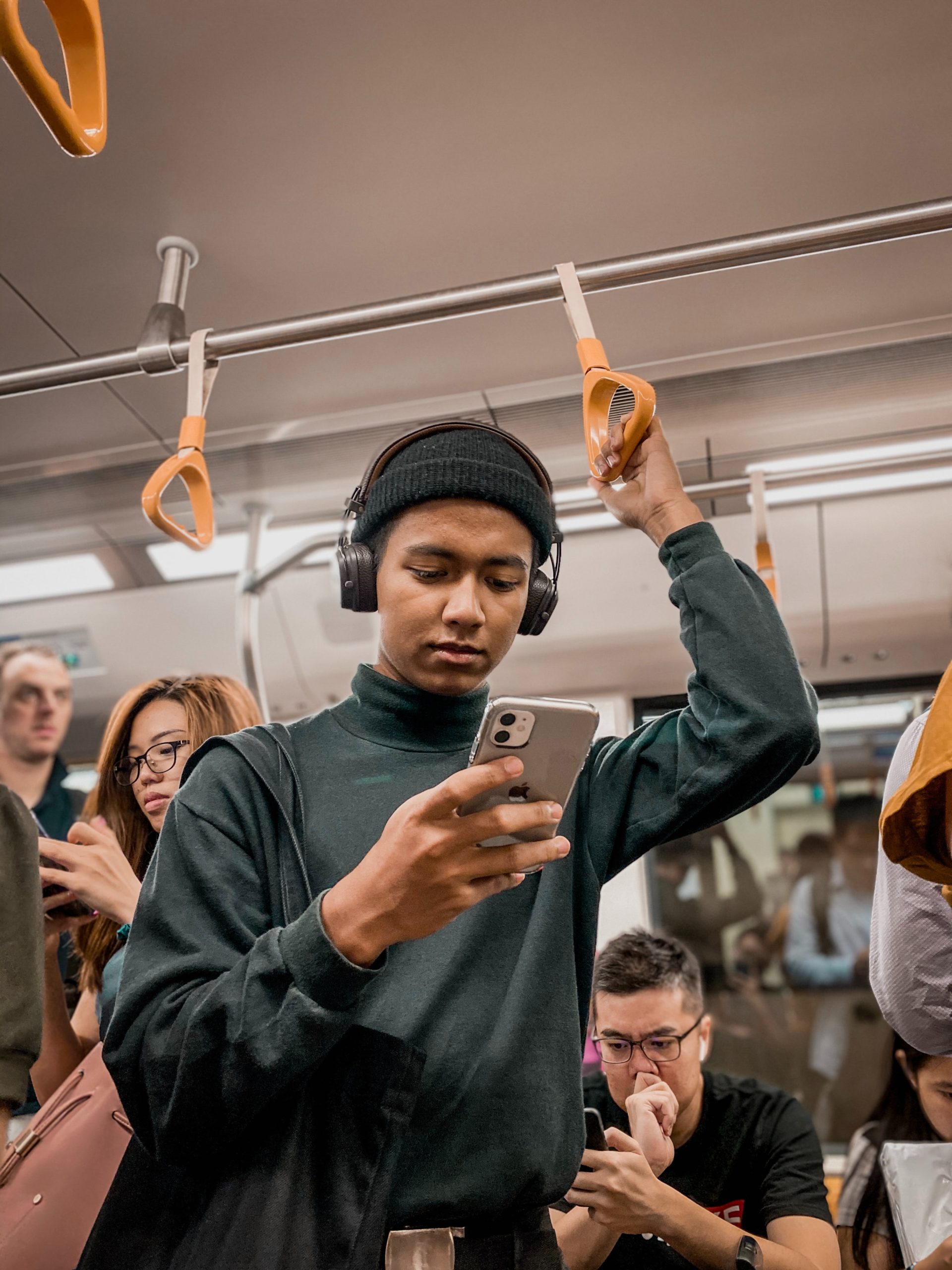
“Phoneliness”: A New Term Defining Reality for Generation Z
By: Tim Elmore
Jared and Tabitha dated for ten months. They met on an app, and the first four months of their relationship was limited to online interactions. When they chose to MIRL (Meet In Real Life), the encounter went well. At that point, they began to see each other face to face. In month ten, however, Jared decided to move on. So, he “ghosted” Tabitha. She didn’t deal with it well.
I met Tabitha in the hospital after a suicide attempt. As we discussed what led to her hopelessness, she told me Jared had ghosted her and she wasn’t sure for weeks if he was away with his family or if he wanted to break up. Either way, he went radio silent. Afterward, Tabitha didn’t see a reason to go on. Her reason for wanting to end her life?
She told me she was lonely.
The Loneliness Epidemic
Americans who belong to Generation Z are far more likely to say they were lonely as kids. A majority (56 percent) of Gen Zers report they felt lonely at least once or twice a month during their childhood. In contrast, only about one in four baby boomers (24 percent) say they felt lonely this often as children.
There’s a growing concern that young adults today are experiencing an epidemic of loneliness, social isolation, and disconnection. A lot of blame has been placed on social media, or more recently the pandemic. Delayed family formation is another likely factor—young adults are marrying later than they once did. While I’m thrilled the stigma about seeing a counselor for anxiety or depression has evaporated, the stigma remains about getting therapy for loneliness.
The result? Many believe Generation Z is the loneliest generation ever.
Why Is This Connected Generation So Lonely?
Why is Gen Z considered the loneliest generation? There was a big loneliness spike between 2012 and 2018 for teens. During that time period, almost twice as many high school students worldwide reported feeling lonely compared to the previous decade. It’s a bigger problem than anxiety or depression for teens.
Why? Well, compared to previous generations, Gen Zers are far more likely to have been raised in single-parent households. A recent report from the Pew Research Center reveals that nearly one-quarter of U.S. children live in single-parent homes, a higher rate than any other country. This trend may be influencing childhood loneliness.
There is something new, however, we might have never guessed as a culprit.
The smart phone, the very device that connects teens to peers, is isolating them.
In fact, there is a term I’m hearing and using often these days to describe the predicament. The term is: “phoneliness.” Our kids are lonely because of their phone. They are “phonely.”
What’s the Solution to Phoneliness?
There is no simple solution to Gen Z’s loneliness, likely because there is no single cause for it. Research indicates that attending college is associated with greater levels of social connectedness. So is participating in a religious community. However, in addition to these solutions, I believe leaders need to coach students in social and emotional literacy; it’s what we used to describe as interpersonal skills.
What’s most sad to me is these students long for social connections. Most yearn for healthy intimacy among friends, but don’t know how to achieve it. I believe the long hours on their portable devices has left them with atrophied interpersonal skills. The pandemic didn’t help. Millions of us have gotten socially lazy; we don’t want to work at the interpersonal skills necessary to cultivate a meaningful relationship. Harvard sociologist Arthur Brooks called it a “social peanut allergy.” We are not as afraid of being rejected in a relationship as we are afraid of the feelings that come with it.
So, what can we do?
Ideas to Help a Student Who’s Phonely
1. Limit and balance their hours on their portable device.
If their portable phone is, indeed, a source of loneliness, it makes sense to limit their hours on that phone. Why not discuss the data and choose together a set number of hours to be on a screen? Then, match those hours with face-to-face interactions with others. This balance will enable them to develop skills both on screens and in emotional intelligence.
2. Don’t stereotype by assuming they prefer screens and virtual meetings.
Research from multiple sources has shown that Generation Z reported the lowest levels of satisfaction with working remotely, followed by millennials, Generation X and boomers. It was exactly the opposite of what we all presumed. Dr. Megan Gerhardt concludes that this displays a vividly clear picture why generational stereotypes are never a safe bet.
3. Assign them encounters where they meet up face-to-face with others.
Millions of us got lazy during times of quarantine. We got used to not working at in-person interactions because we had so few of them. Now, they feel like work. Why not take on an assignment (both you and your student) to meet new people and get to know them? What if you set a goal to meet with three old friends and three new people every week?
4. Provide them with questions to engage others with and then report back.
Sometimes, teens don’t do well in conversations because they’ve never discussed anything meaningful with friends. Thanks to social media and reality TV, it’s easy to be confined to superficial topics and polarizing issues. I’ve offered a set of meaningful questions to exchange between students that has ignited marvelous, transparent discussions:
- What’s been the most fulfilling experience you’ve ever had?
- When you’re finished with your life, what do you want to have accomplished?
- Who would you like to have dinner with (past or present person) and why?
5. Teach them listening skills.
Anyone who’s a good conversationalist will tell you that the key to that skill is listening. Learning to not just hear someone (which is an act of the ear) but to listen (which is an act of the will) is what sets people apart. It’s magnetic to others. Ensure your questions don’t merely lead to your own turn, but also lead you to other questions. These inquiries will win a person over and begin to reduce loneliness issues. David Augsburger wrote, “Being heard is so close to being loved that for the average person they are almost indistinguishable.”
We can beat the “phoneliness” problem. While many students are lonely, they know it and wish they weren’t. They’ll likely need help, however, to give up the convenience of their phone for the work required in a face-to-face relationship. Let’s give them the tools.





